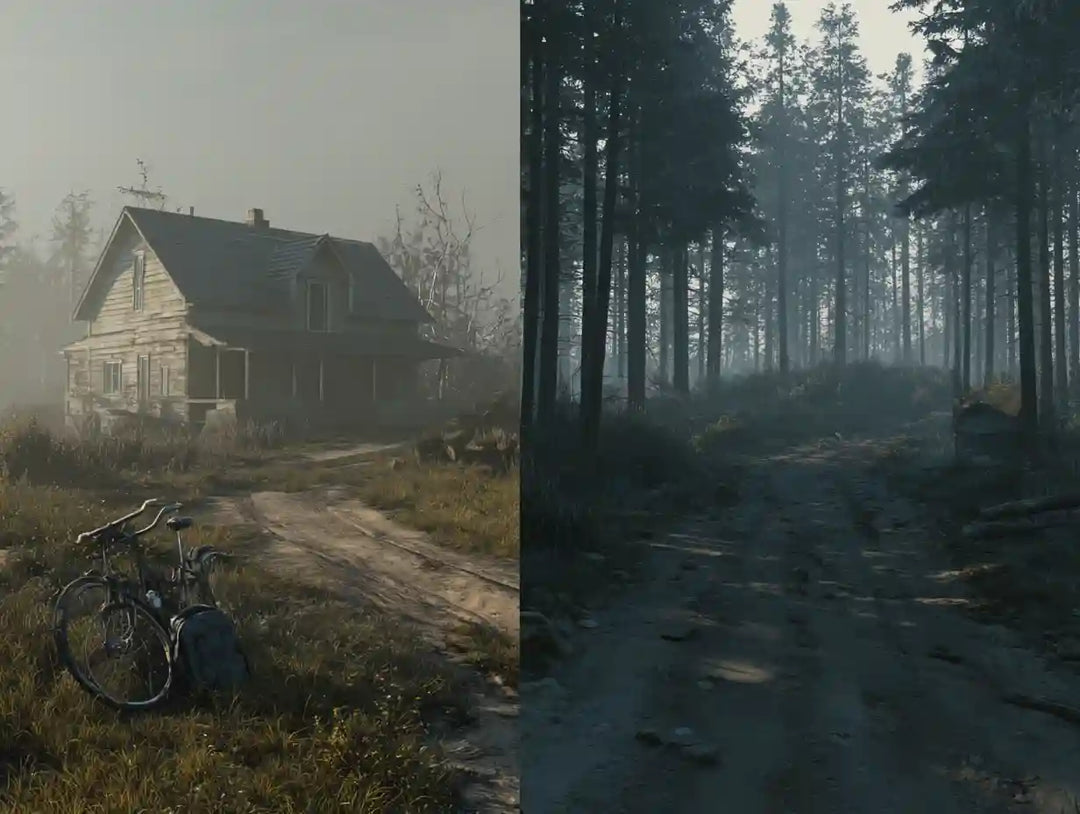Are you someone who can spend hours analyzing character names in classic murder mysteries? If names like Hercule, Amyas, and Honoria feel familiar to you, then you’ve likely spent some time with Agatha Christie’s novels. Names in her work are more than labels. They reflect social status, cultural background, and personality. They give clues about the world her characters live in.
For the name-nerds among us, picking through these details is half the fun. But did you know her names can also inspire the murder mystery games you buy and play? In this post, we’ll explore Christie’s names and the role they play in adding layers of intrigue to her novels. Then, we’ll look at how you can transfer that love of name-crafting into playing or even running your own murder mystery or cold case.
Class Distinctions in Names
In Christie’s novels, names often reinforce social hierarchy. The upper classes usually have polished, recognizable names. If you're interested in creating your own characters with similar distinctions for your next game night, check out our murder mystery games.
- Sir Gervase Folliat.
- The Honourable Patricia Brice-Woodworth.
- Lord George Alfred St. Vincent Marsh.
These names reflect the characters’ power, wealth, and connections. Hyphenations and complex titles add importance. You know immediately, based on their names, that these people matter within society.
Compare this to characters who work for these upper-class folks. Maids and butlers get much simpler names.
- Gladys.
- Ellen.
- Tressilian.
- Horbury.
They are first names or last names alone, and rarely are multiple titles involved. The names show their rank in society, immediately reflecting their jobs and upbringing.
Nicknames and Familiarity
Some upper-class characters in Christie’s stories also carry quirky, informal nicknames that tell you about their personalities. This might seem odd, yet it adds to their charm. These characters stand out.
- Lady Eileen “Bundle” Brent.
- Diana “Bunch” Harmon.
- Hermione “Egg” Lytton Gore.
Nicknames signal that the person holding them doesn’t need to be taken too seriously. Their names are often playful, picked up from friends or family. In some cases, these names arose from their time in prestigious boarding schools.
Keep this in mind when playing your cold case or hosting a murder mystery game. Sometimes, a quirky name can distract others. This gives you a strategic advantage. Players may assume “Miss Bunch” or "Lord Chip" could never be the heartless killer. After all, who would expect it from someone with such a lighthearted name?
Ethnic Background Reflected in Names
Christie didn't limit herself to English-sounding names. She used her own travels to inform her characters’ ethnic backgrounds. French, Egyptian, and even Arabic names are common. These names often reflect the characters' roles.
- Leonie, Auguste, and Denise from Murder on the Links—French staff members.
- Satipy and Renisenb from Death Comes At the End—Ancient Egyptian characters.
These examples show Christie’s attention to detail and desire for accuracy. Want to make your next murder mystery game feel more global? Try giving your characters names tied to specific countries or histories. For more ideas, explore our murder mystery themes for a diverse offering of games that span across genres and styles. It adds authenticity.
Made-Up or Stereotypical Names
Despite her best efforts, Christie didn’t always nail authenticity. Some of her names belonging to fictional countries seem strange, blending a variety of sounds without truly reflecting their origins. In The Secret of Chimneys, the country Herzoslovakia includes names that look and sound foreign—even if they are more fiction than reality.
Some names can be stereotypical.
- Kirsten Lindstrom from Ordeal by Innocence (Scandinavian role).
- Ah Ling from The Big Four.
- Hildegarde Schmidt in Murder on the Orient Express.
This suggests that names are a tool for setting scenes, allowing you to quickly create a sense of place or person without overthinking accuracy. Consider this for your murder mystery game. Creating a name that sounds otherworldly or unusual? Want to tell the story of an unknown land? Feel free to blend elements.
Unusual Names for Eccentric Characters
A single unique name can make a character memorable and reinforce their quirks. It betrays underlying characteristics that may not be obvious from their appearance or behavior alone.
- Amyas Crale from Five Little Pigs—an eccentric, dramatic artist.
- Thyrza Grey from The Pale Horse—a mysterious, possibly witch-like figure.
Would these characters seem as impactful if their names were John Crale or Emily Grey? Probably not. In your games, creating eccentric characters with equally special names can intrigue other players and add layers to the mystery. The stranger the name, the more unpredictable the person appears.
Name Planning as Storytelling
Have you ever wondered how much time Christie must have spent picking these names? Imagine the impact of choosing names for your own murder mystery or cold case. How could naming improve your gaming experience?
Consider these questions:
- What does each name signal about the character’s background?
- Would a more exotic name confuse or misdirect players?
- Can quirky names bring humor or lightness to serious games?
If you're someone who has always loved the idea of penning your own mysteries, now’s your chance. Use Christie’s techniques to your advantage. Whether you’re picking a game or designing one, think about names as storytelling tools.
From Name Lover to Game Designer
Do the names listed above inspire you? Do you often dream about solving the next big case?
If so, check out our murder mystery games and cold case files. Every name, detail, and clue has been purposefully chosen to make your experience more gripping. We promise you’ll spot some unique names along the way—perhaps inspired by Agatha Christie herself.







